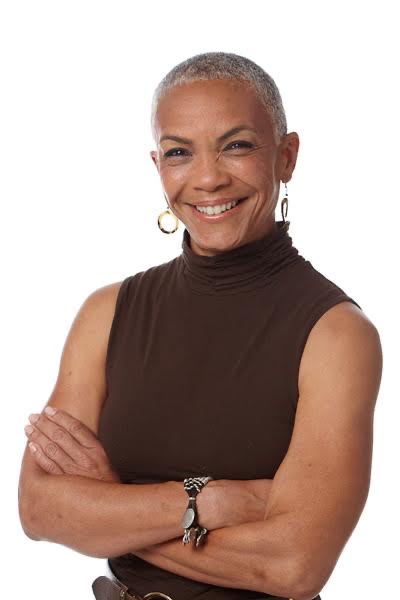It’s hard to believe that May is already here and that 2022 is nearly half over. Time flies!
As I reflect on the time over the past few months, so much has happened. Of most significance is the confirmation of Ketanji Brown Jackson as the first Black female Supreme Court Justice. While this is a sign of progress, we still have more work to do to achieve a more just and equitable existence for everyone here in the U.S. Especially as it relates to our health and well-being.
April was National Minority Health Month (NMHM), and a time to bring greater attention and awareness to the health and well-being of communities of color. As I reflect on what spotlighting this health theme means to me personally, as well as the Black community, I think the more things change, the more they remain the same. And, despite years of research, programs, funding, and a collective focus during NMHM, health disparities continue to plague the Black community.
The origin of NMHM goes back to 1915 and the establishment of National Negro Health Week by Booker T. Washington. In 2002, NMHM received support from the U.S. Congress with a concurrent resolution (H. Con. Res. 388) that “a National Minority Health and Health Disparities Month should be established to promote educational efforts on the health problems currently facing minorities and other health disparity populations.” The resolution encouraged “all health organizations and Americans to conduct appropriate programs and activities to promote healthfulness in minority and other health disparity communities.”
Even though the aim of NMHM is to build awareness of the disproportionate burden of premature death and illness in people from racial and ethnic minority groups, awareness is not enough. We need to encourage action at the individual, community, and system levels to bring about real change and advance health equity.
Creating a truly equitable, effective, efficient, and economical system of care is complicated. This is especially true when we consider the systemic, structural, and institutional factors such as implicit bias and racism that lie at the center of decision-making related to the type of treatment and quality of care people of color receive compared to our White counterparts. That also includes what non-binary individuals and LGBTQ patients experience when seeking healthcare.
We have seen all too often how race trumps other factors such as education, income, professional status, etc. in the patient experience. Serena Williams is a perfect example, and there are countless other Black women who unfortunately did not survive their birthing experience to tell their stories.
So, how can we make the healthcare system more equitable when it is already broken?
The U.S. spending on healthcare per capita is nearly twice that of the average of all other wealthy nations, but U.S. life expectancy at birth is the worse, comparatively speaking than the average of all other wealthy nations, with about a six-year difference. (CDC, OCED, 2020)
In California, pre-COVID-19, the life expectancy for Black residents was about 5.5 years less than the state average, about the same gap nationally compared to Whites. We have seen the impact of COVID-19 on the BIPOC community and how it has exacerbated health disparities. As a result, the life expectancy gap is now 2-3 years more for Black Americans, nationally. In California, it is an estimated 1-2 years more.
Now, we have even more work to do. It is imperative that we continue to uplift and spotlight the need to address health disparities, and more so, the need to focus on the root causes of health disparities.
In response, we have launched the Campaign for Black Health Equity, a multi-year effort to mitigate the inequities that significantly impact our health, lives, and well-being. As part of the Campaign’s efforts, we are creating the Black Health (and Policy) Agenda, a statewide strategy and plan to close the gap in health disparities and improve life expectancy for Black Californians. We’ve also created a Black Health Network, a member collective that works to ensure that Black Californians live a life free from violence, racism, and health inequities. In addition, we’re working to:
- Drive key policy changes through our advocacy initiatives that address structural and systemic barriers, and the root causes of health disparities;
- Enhance educational program offerings for healthcare professionals and patients to improve health literacy on both sides of the patient/provider relationship; and
- Increase capacity and presence to become a statewide thought-leader amongst public health and healthcare professionals and a trusted resource for the community.
Please join us and the Campaign and help ignite a black health movement to rewrite our health story in California.

